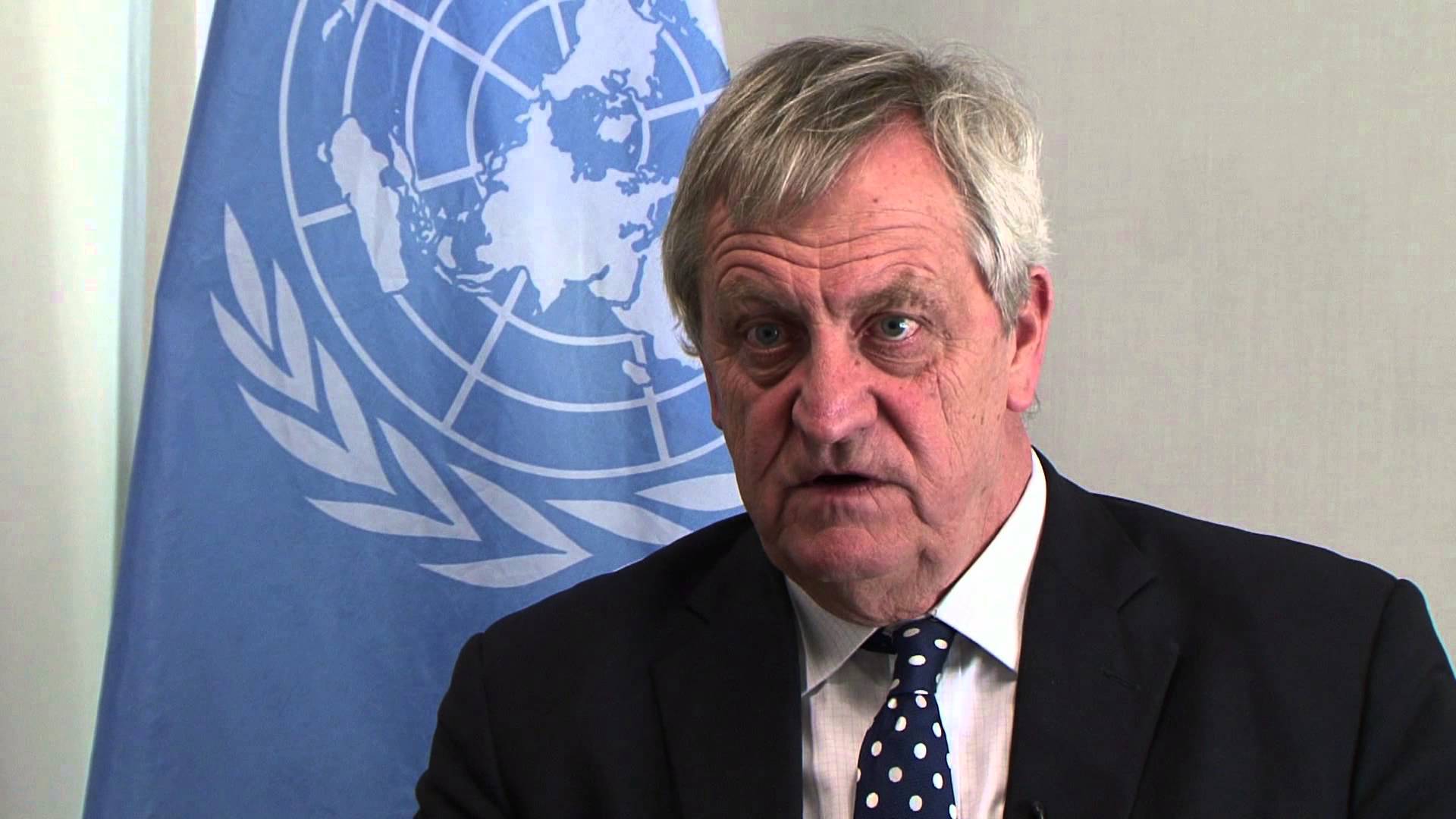Somalia shoots itself in the foot over the expulsion of UN Special Envoy: Opinion

The decision by the
Somali government to expel United Nations (UN) Special Envoy to the country
Nicholas Haysom last week speaks volumes about why Somalia is struggling to
achieve political stability and peace.
Mogadishu declared Haysom, the South African lawyer and seasoned
diplomat, persona non grata on
1 January, thereby forcing UN Secretary-General António Guterres to replace
him. Ultimately Haysom lost his job because the federal Somali government
insisted on hoarding power to it in what is supposed to be an autonomous
federal member state.
Haysom, who had only been in the post for three months, after a
successful stint as
UN Special Envoy to the Sudans, was thrown out because he criticised President
Mohamed Abdullahi “Farmajo” Mohamed’s government for arresting Mukhtar Robow, a
candidate in the presidential elections last December in Somalia’s South West
State.
Robow is a former deputy leader of al-Shabaab, the violent
extremist group that
the Somali government, assisted by the African Union Mission in Somalia (AMISOM)
and others like the US, have been fighting for years at great cost in blood and
treasure.
After many clashes with other leaders of the organization, Robow
defected from al-Shabaab in 2017 and entered mainstream politics last year.
This was in part from principle, perhaps, but also for government protection
against al-Shabaab which had put him on its hit list.
The federal government in Mogadishu secretly negotiated his
defection and initially welcomed him. But after he announced his intention to
run for president in South West State – against Mogadishu’s preferred candidate
– the federal government first tried to discourage him and then arrested him.
This provoked rioting by his supporters in Baidoa, South West State’s capital,
which security forces violently suppressed, leaving at least 15 dead.
Haysom wrote to the federal government on 30 December requesting an
investigation of the protest violence and information about the legal basis for
arresting Robow. On 1 January the government reacted by informing the UN that
Haysom was no longer welcome in the country.
Somalia’s UN ambassador Abukar Dahir Osman later told the UN
Security Council during a debate on Somalia that the UN shouldn’t interfere in
his country’s national affairs. Former al-Shabaab militants ‘cannot assume
leadership positions without going through stringent established rehabilitation
programs’, he was reported as saying, adding that a ‘terrorist’ should not be
allowed to rebrand himself as an ‘ice cream salesperson’.
In his briefing to the Security Council two days after he was
expelled, Haysom welcomed encouraging signs of economic revival, improvements
in public financial management and some technical progress in preparing for
elections, including the national poll next year and in the constitutional
review.
But he also underscored fundamental and serious political tensions
and conflicts, particularly the stalemate between
the federal government and member states. He said this was impeding vital
progress in defining the federal model, building institutions of state, and
implementing the National Security Architecture. The conflict between
the federal centre and the peripheral member states risked provoking conflict,
he added, citing the violence in South West State last December as an example.
“Allegations of interference by the federal government and the violence which erupted following the arrest of one of the candidates, a former al-Shabaab deputy leader, marred the process and do not bode well for the upcoming electoral processes in other regions or for the 2020 national elections,” Haysom said. “This may also have implications for the likelihood of future al-Shabaab defectors who may be considering exchanging violence for a political path.”
This last sentence was the gist of his message. Haysom knows what
he is talking about when it comes to converting militants to peaceful
democrats, having contributed substantially to transitions from chronic
conflict to peace and stability in countries like South Africa, Burundi and
Sudan.
As he told the Security Council, al-Shabaab remains the major threat to Somalia’s stability. Despite having been defeated on the conventional military battlefield, it is still inflicting huge casualties through terrorist attacks, mainly killing and maiming civilians.
Material: Institute for Security Studies (ISS), South Africa.
Comments
Post a Comment